Sunrise Point, Japan under threat
 Adding tetrapods to the ocean is a controversial method of protecting coastline and coastal structures. But in Japan, the surfers are about to lose another wave.
Adding tetrapods to the ocean is a controversial method of protecting coastline and coastal structures. But in Japan, the surfers are about to lose another wave.
Off the coast of Sunrise Point, Chiba, the government has decided to add yet more tetrapods to the ocean, which will block swell from breaking in its normal way. This means that the break is under threat unless public pressure stops this from this happening. If you would like to get involved in supporting direct action, please contact [email protected].

Photo by Zuccho
Tetrapods have been used successfully all over the world to protect shore lines. In this instance we don’t have any information regarding the nature of the threat from the ocean. Although Japan makes heavy use of tetrapods to guard its coast, we have used them in the UK before. If you visit Ventnor on the Isle of Wight, you will find them protecting the sea wall.
Introduction photo by Chiether.
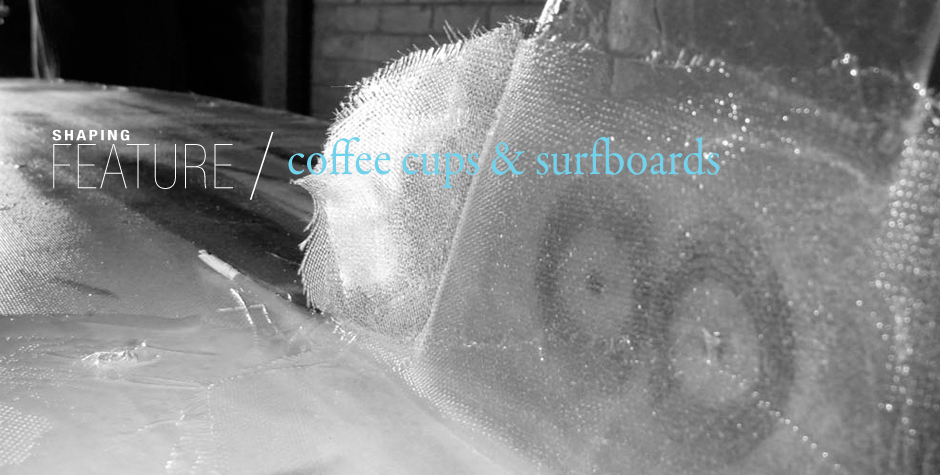
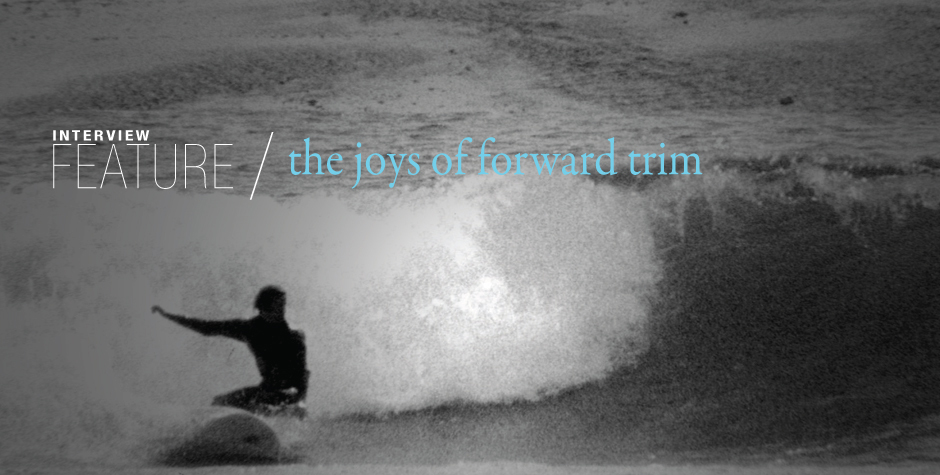
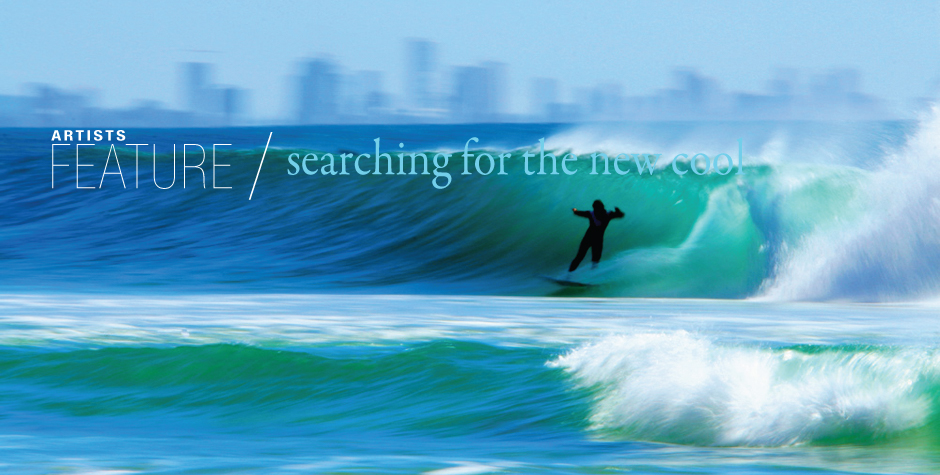
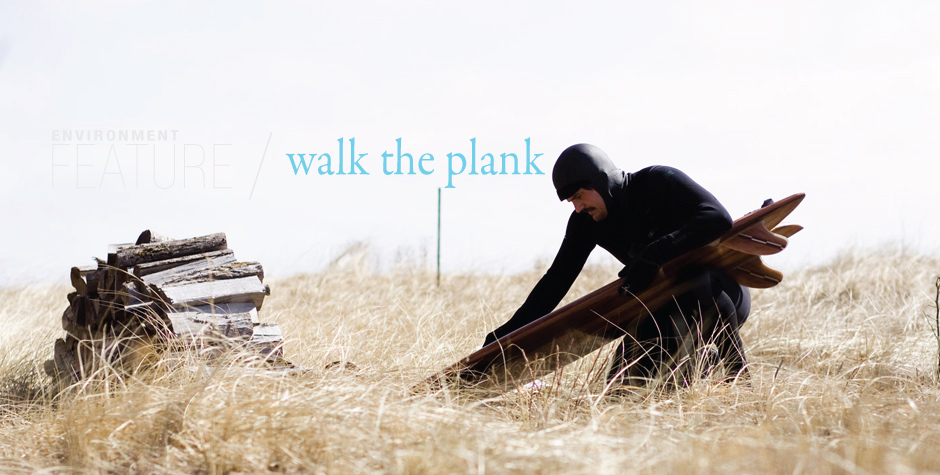
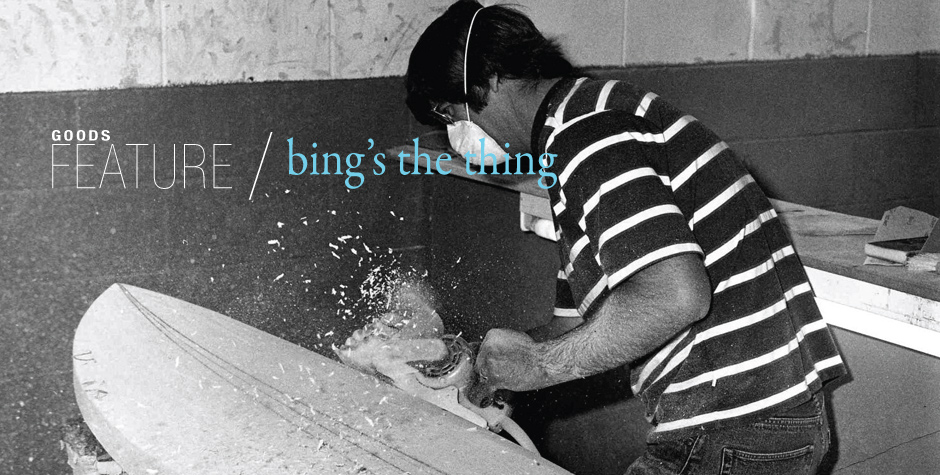

 Discuss
Discuss

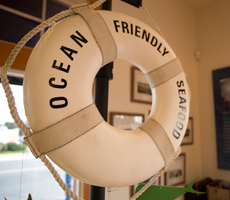
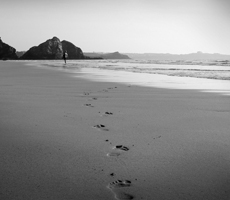
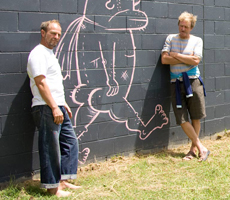
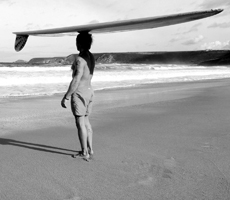















The use of tetrapods in Japan is a licence to print money for the construction industry. The majority of construction firms have links with current or past local government members, and corruption related to engineering works, especially on the coast is rife. I’ve lived in small coastal villages for a few years and have seen huge harbours built to house 3 boats and piles of tetrapods molded and sunk who knows where.
It may or may not be the fact in this case, but often when the end of the financial year approachs, construction companies find that they haven’t spent all the money granted to them by government. The thing is that if they don’t spend this money then they get less the next year. An easy way out? Build huge tetrapods at $1000’s of dollars a piece and throw them in the ocean. Once they’re in, no-one can see them so it’s no problem doing the same thing the next year.
Unfortunately i left Japan recently, but wish everyone the best of luck. My advice would be to try and get local fishermen on your side. They’re probably the next biggest lobby group after the construction industry in coastal areas. Although they may see the tetrapods as a good thing as they could attract fish, tetrapods would mean that netting couldn’t happen in the area.
1I spent 6 years in Japan - surfing when i could. The amount of coastline defaced and breaks destroyed by tetrapods is tragic - the island lasted a million years without them…. as Neil writes, its old style public works spending.
2